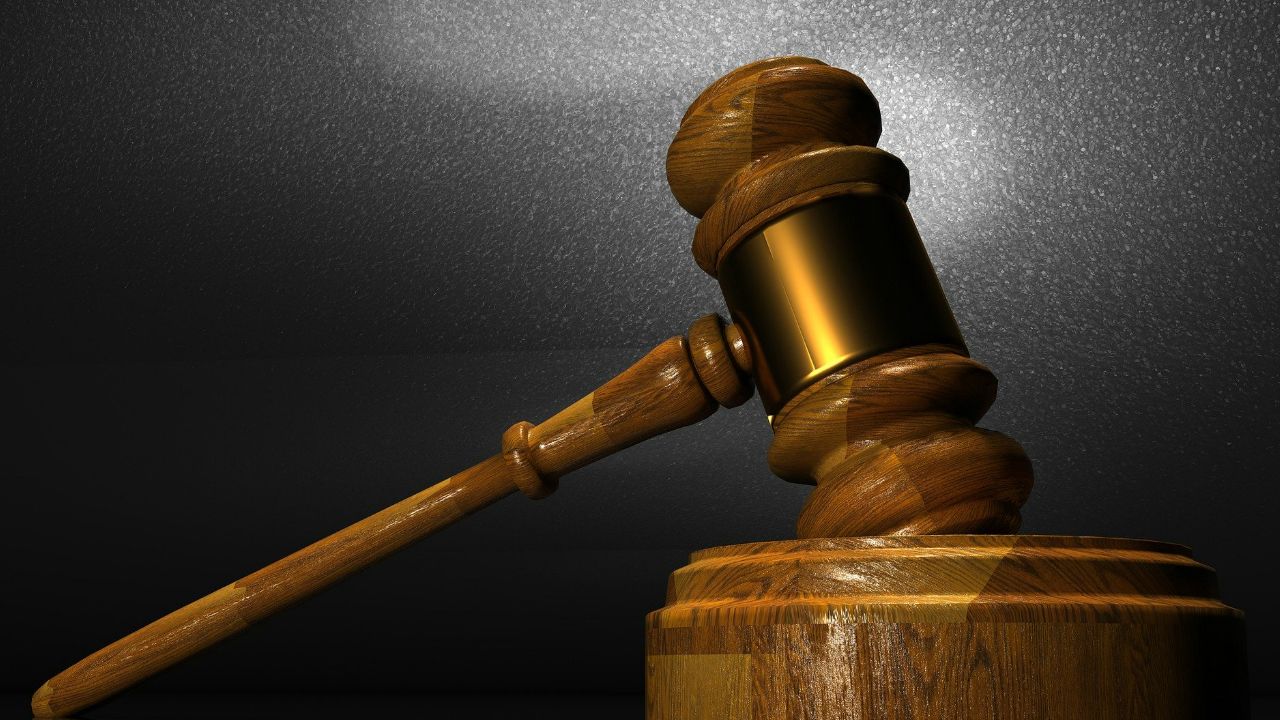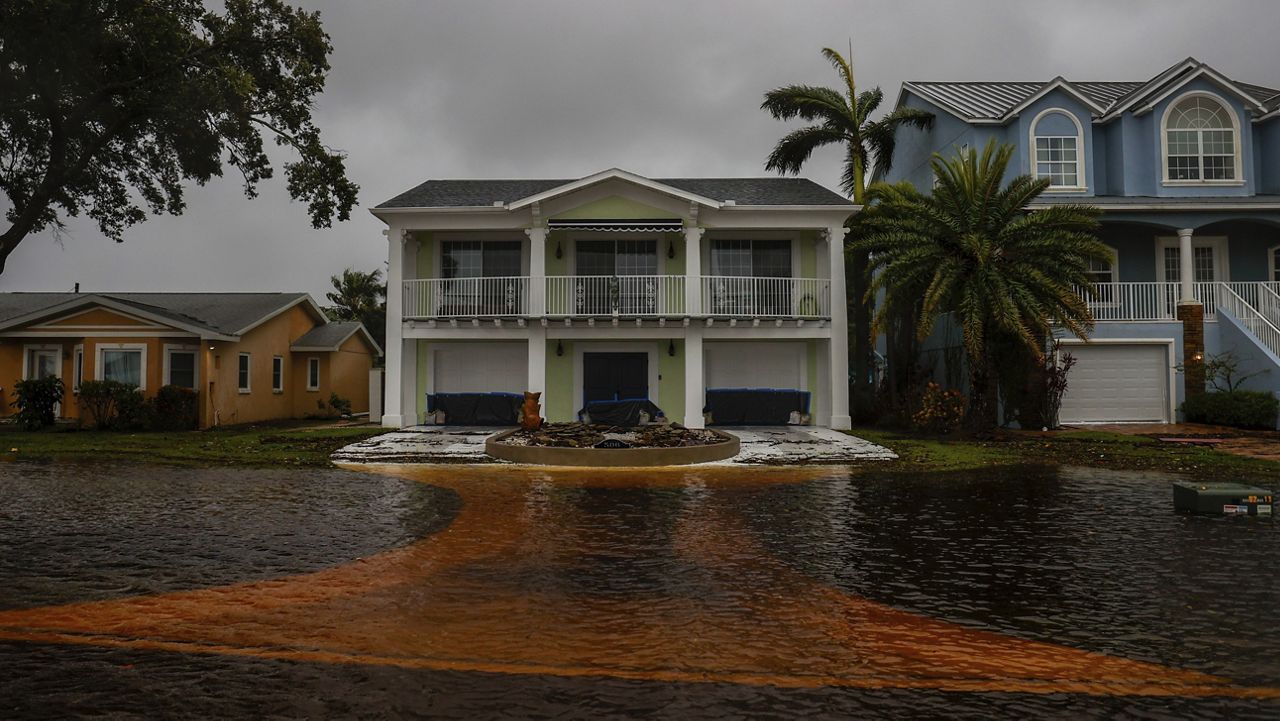A Pinellas County Judge has rejected a claim by the Florida Democratic Party that the Pinellas County Supervisor of Elections violated state law when they refused to initially provide them with the names and contact information for 68 voters who had to cast a provisional ballot in the March 17 presidential primary election.
What You Need To Know
- In one-page order, Circuit Judge Jirotka denied Democrats motion
- PREVIOUS: Pinellas Supervisor of Elections Accused of Violating Public Record Laws
- More Politics headlines
In a one-page order, Pinellas County Circuit Judge George M. Jirotka denied the Democrats motion for partial summary judgement.
“What’s very important is that I recognize that there’s a constitutional right to public records and we respect that,” Pinellas County Supervisor of Elections Julie Marcus told Spectrum Bay News 9 after she learned of the judge’s ruling. “But there is also an unfettered constitutional right to a secret ballot. That was the issue at hand. And I will go to whatever extent I have to go to the highest court possible to ensure that our voters right to a secret ballot is not violated.”
Provisional ballots are given to voters at the polls when there is uncertainty about their eligibility. They’re kept separate from other ballots until after the election, when a canvassing board meets to determine if the vote was cast by a registered voter.
On the day of the March 17 presidential primary, attorneys for the Florida Democratic Party requested that the Pinellas SOE’s office – then led by Supervisor of Elections Deborah Clark – provide the contact information for the voters whose ballots had been rejected in the primary election in Pinellas County.
Clark initially rejected that request, saying that those names were exempt from public disclosure.
The Democratic Party then filed a court order calling for Clark to release the requested records. Ultimately, she did provide that information on Wednesday, March 18.
Attorneys for the Pinellas County office maintained that provisional ballot information is confidential and exempt from public record disclosure, and the judge agreed with them.
Marcus called the decision a “win for the voters.”
“The right to a secret ballot is the cornerstone of our representative democracy and it is very important to me that our voters know and they can trust in our system that that will be violated,” she said.
A similar situation with third-party groups being denied information about voters casting provisional ballots took place during the 2018 election, according to the Orlando Weekly.
In that situation, some supervisors of elections did immediately provide information about voters who cast their ballots provisionally, while others did not.
The lawsuit was filed in April naming Clark as the defendant. She announced in February that after 20 years on the job, she would be stepping down after the March primary.
Governor Ron DeSantis then appointed Marcus in May to succeed Clark. A Republican, she is now running for a four-year term this November against Democrat Dan Helm.
Ryan Barack, an attorney with the Florida Democratic Party, says the party will appeal the decision.
“The Florida Democratic Party is committed to making sure that every eligible voter is allowed to cast a ballot that actually counts,” he told Spectrum Bay News 9 in an email.








